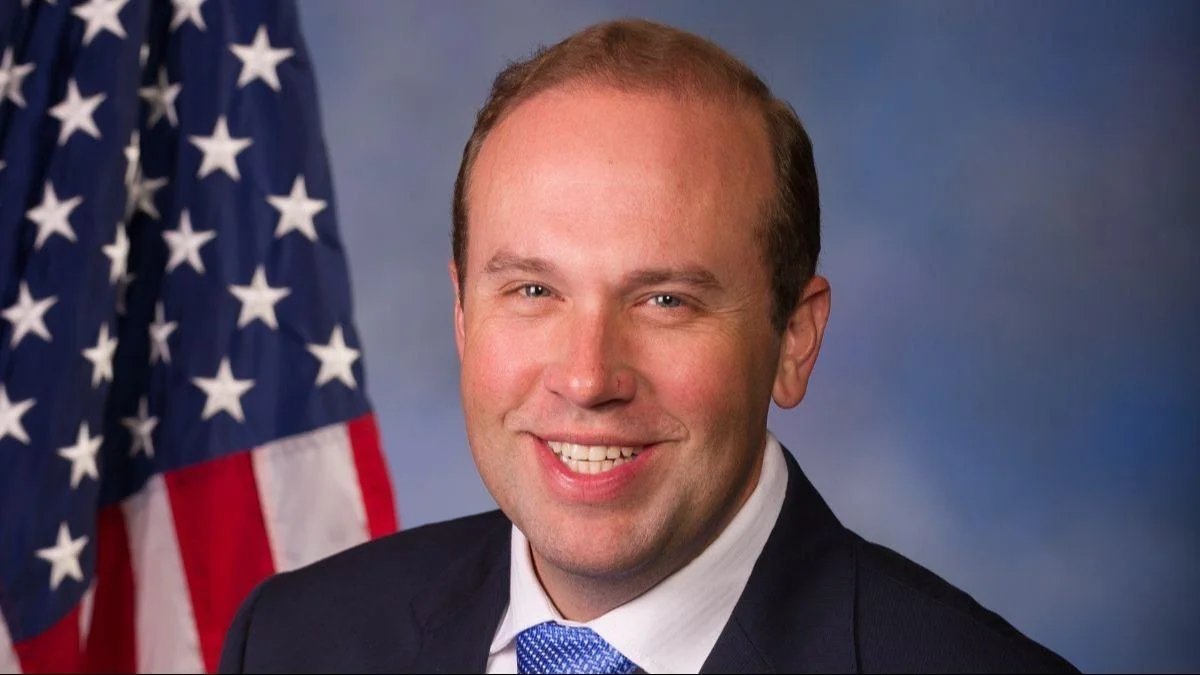Rep. Jason T. Smith, U.S. Representative for Missouri's 8th District | Congressman Jason Smith Official U.S. House headshot
Rep. Jason T. Smith, U.S. Representative for Missouri's 8th District | Congressman Jason Smith Official U.S. House headshot
The Ways and Means Committee has approved legislation aimed at recovering billions of dollars in unemployment benefits lost to fraud during the COVID-19 pandemic. The Government Accountability Office estimates that between $100 billion and $135 billion was stolen, with only $5 billion recovered so far. Some estimates suggest the figure could be as high as $400 billion. The new measures will extend the statute of limitations for prosecuting such cases, allowing more time for law enforcement to pursue ongoing investigations and recover taxpayer funds.
Ways and Means Committee Chairman Jason Smith emphasized the urgency, stating: “The statute of limitations for these investigations runs out in 43 days on March 27. If we don’t extend the statute of limitations those that perpetrated the greatest theft of taxpayer dollars in American history will not be brought to justice.”
The committee also passed several bills designed to simplify tax filing processes and enhance taxpayer rights. These reforms align with recommendations from the National Taxpayer Advocate. Among them is a requirement for electronic tax filings to receive equal treatment as paper submissions, an obligation for the IRS to clarify any reassessment due to math errors, and steps to ensure the independence of the National Taxpayer Advocate from IRS influence.
In response to rising incidents of stolen tax refund checks sent via mail, new bipartisan legislation mandates that taxpayers should have a straightforward way to request replacement checks through direct deposit.
HR 1155 – Recovery of Stolen Checks Act requires a process for taxpayers to request replacements via direct deposit if their checks are stolen or lost. The bill passed unanimously with a vote of 41-0.
HR 997 – National Taxpayer Advocate Enhancement Act of 2025 aims to prevent IRS interference by granting personnel control directly under the National Taxpayer Advocate. This bill passed with unanimous support at 43-0.
HR 998 – Internal Revenue Service Math and Taxpayer Help Act compels the IRS to provide clear explanations for math error notices and allows taxpayers a 60-day window to challenge these assessments. This measure also saw unanimous approval at 43-0.
HR 1152 – Electronic Filing and Payment Fairness Act ensures electronic submissions are treated equally with mailed documents if submitted by midnight on their due date. This bill was approved by a vote of 41-0.
Finally, HR 1156 – Pandemic Unemployment Fraud Enforcement Act extends the statute of limitations from five years to ten years for CARES Act-related unemployment insurance fraud cases. Despite some opposition, this bill passed with a vote count of 24-18.
These legislative efforts reflect ongoing attempts by Congress to address pandemic-era financial misconduct while improving taxpayer services and protections.






 Alerts Sign-up
Alerts Sign-up